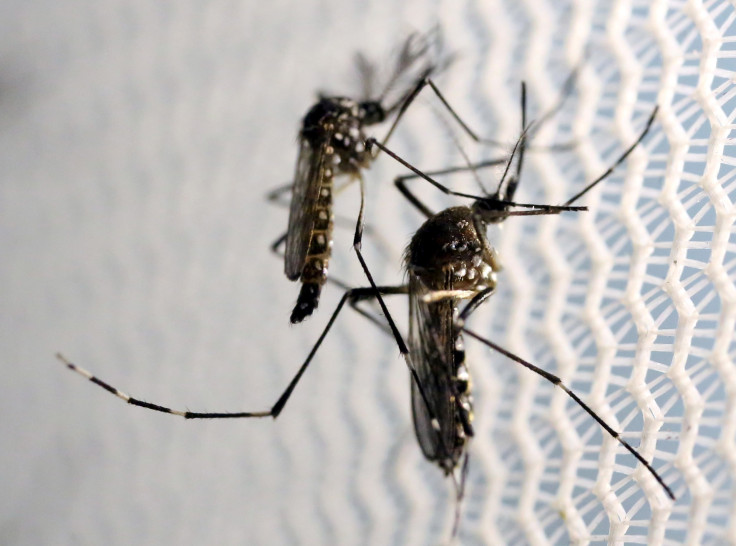Zika Virus In Brazil: ‘Very Low’ Risk Of Spread From Olympics, World Health Organization Says

The risk of the Zika virus spreading globally as a result of holding the Olympics in Brazil is "very low," the World Health Organization (WHO) said Tuesday. Despite several calls from doctors and scientists, WHO rejected pleas to move or postpone the summer Olympic Games in Rio de Janeiro.
WHO experts said that there was no need to move or cancel the games, set to begin in August, BBC reported. The WHO reaffirmed earlier advice against imposing any travel or trade restrictions on areas affected by the virus, which is spread by mosquitoes. The WHO declared the Zika outbreak, which has spread across Latin America and in Caribbean nations, an international health emergency on Feb. 1. It has advised pregnant women to avoid traveling to the games, and urged visitors to take precautions to avoid mosquito bites.
The Rio Olympics, which is due to take place between Aug. 5 and Aug. 21, will be attended by 380,000 foreign visitors.
Zika, which was previously only known to cause moderate cold and flu-like symptoms, is now causing multiple neurological disorders, as well as microcephaly in babies. Microcephaly is a condition that causes babies to be born with abnormally small heads.
So far, more than 1,400 cases of microcephaly in babies have been linked to Zika in Brazil.
© Copyright IBTimes 2025. All rights reserved.






















